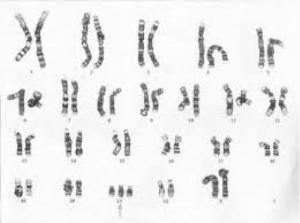By J.D. ALT
I’ve been continuing to work on the book I first proposed here at NEP last spring—The Millennials’ Money—and am getting close now to having it ready for publication. The aspect of it that was least successful (and there were several NEP comments to that effect) was the framing of the “ideology of money scarcity” as having evolved from the particularities of the baby-boomer’s generational experience. That was always a shaky and not-very-insightful argument—and I recently came to realize it had to be replaced with a “framing” that focused the “target” of the book in a more useful way. This “target” became clear to me while reading a series of collected essays by Wendell Berry (The Art of the Commonplace) in which he very forcefully explains how and why local, self-sufficient economies are being exploited and destroyed by the multi-national corporate economy—and why it is essential for those local economies to somehow be re-established and regain some useful portion of their self-sufficiency. I realized this was, in fact, precisely what my book was suggesting ought to be the ultimate purpose of the “millennials’ money”—and that modern fiat currency, itself, makes achieving that goal uniquely possible. What follows here is part of my revised introduction, which is titled: “The Ideology of Money Scarcity—A Brief History”.












